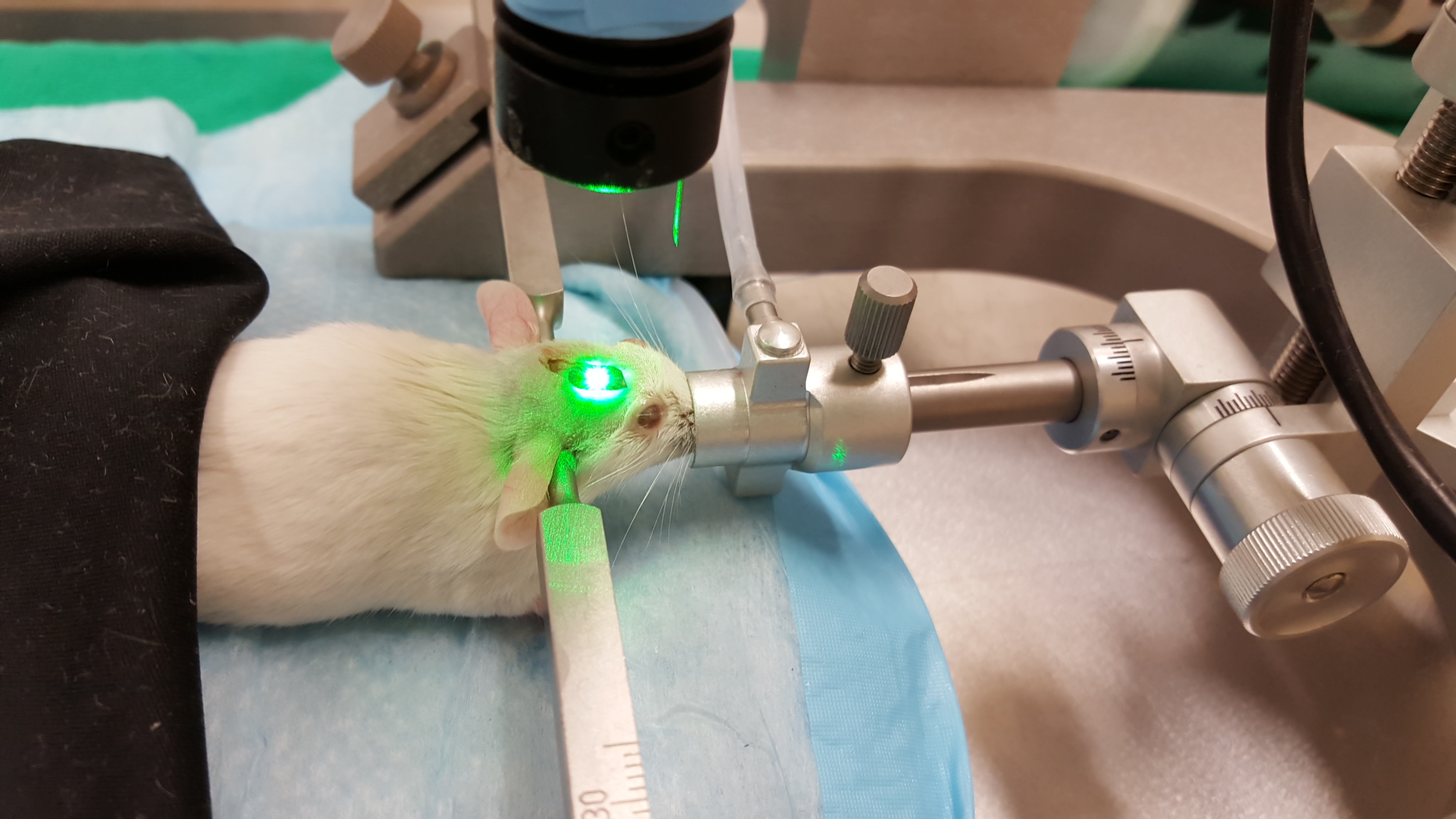The Effects of Hypothermia and TFP on the Post-Stroke Mouse Brain

Primary Investigator: Dr. Michael Kelly
The aims of this project are to investigate the usefulness of Trifluoperazine (TFP), an anti-psychotic drug, and hypothermia to reduce the amount of brain edema (swelling) and cell death in the brain tissue surrounding the stroke lesion. While there is a lot of public pressure to continually try to prevent stroke, there needs to be more research on how to mitigate brain damage after stroke has occurred. The live tissue surrounding the dead tissue caused by the stroke, is called the penumbra, and contains cells that are at risk of dying but that are still alive. Swelling in the penumbra potentially contributes to the cell death observed in the penumbra 2-3 days post-stroke. Both hypothermia and TFP could be useful in reducing brain swelling, thereby helping at-risk cells survive. By using advanced imaging techniques that use particle accelerators (also known as synchrotrons), we will be able to assess the usefulness of these treatments.

